In 2017, the Julius Baer Foundation started a collaboration with the Cape Wine Equity Accelerator with the goal to address the inequality and underrepresentation of black and brown people in the South African wine industry. The initiative did not work as planned. Then in 2020, in the middle of a global pandemic, a national recession and harsh lockdowns, urbanist and entrepreneur, Zahira Asmal came on board. One year later, she founded Cultivate and established a collective of winemakers, producers, consultants and sommeliers. She is now sharing her insights on business and design driven development work.
Zahira, we all love wine. For some of us, it is connected to beloved memories and bonds across our lives. But, can a glass of wine also be divisive?
It is not the wine itself that is divisive. People come together to make wine and wine related products and services, and people come together to share and enjoy wine. It is the historical systems of colonialism and apartheid and their persisting legacies that are divisive. The entire value chain of wine agriculture, production, distribution and tourism is affected in South Africa by these enduring legacies.
South Africa is the most unequal country in the world. How is inequality reflected in the wine industry?
The displacement of black people from their land and their subsequent inability to access space freely for basic activities, services and opportunities, is at the heart of South Africa’s social and economic challenges.
Our ability to access and use land impact our individual and collective freedoms, expressions, cultures, identities and economies. In South Africa’s case due to the legacies of colonialism, slavery and apartheid black and brown people were, and continue to be, displaced to the margins of opportunity, and in most cases occupying and working – not owning - land. In the Western Cape, land and water ownership is at a low 3%. This means that black people generally do not have access to valuable spaces to grow, make and produce wine.
There are 529 wineries in South Africa and an estimated 70 black owned brands and companies. This is astonishingly low considering black and brown people make up 91% of the country’s population. Imagine the growth potential of the local market if black and brown people had greater access, and were nurtured and nourished, in the sector. Tapping into this market would be a game changer for the wine sector especially with regards to volumes produced and sold. Currently, South Africa exports more wine than is consumed locally. Increased volumes would also have positive impacts on complementary and support industries in South Africa including agriculture, design, manufacture and tourism.
The other important matter is memory. Generally white people in the sector have positive memories of wine, having grown up in lush estates or farms and/or enjoyed wine and wine culture. White people inherited space and positive memories. In contrast, black people have experiences and memories of poverty and displacement. In developing Cultivate, I heard from many people of their negative historical associations with wine. Their family members worked as farm labourers under severe conditions with no agency and very little opportunity for self-actualisation. Or they had suffered the effects of alcohol abuse – a legacy of the “dop system” – where employers paid their labourers with cheap wine. Although the system is no longer legal, alcoholism remains a major challenge.
What is Cultivate and how is it tackling wealth inequality in the wine industry?
Cultivate is an independent initiative striving for representation and equity in the South African wine industry. It aims to inspire a wine landscape that is made in the image of the people who live and work in South Africa. I founded Cultivate in 2020 with support from the Julius Baer Foundation.
I have taken the industry’s transformation challenges into account and outlined a comprehensive solution using four interlinking mechanisms: a marketplace (both online and in the city), a business incubator, a masterclass programme, and a cellar. The beneficiaries are wine makers, producers, sommeliers, entrepreneurs and consultants that form a collective that I established in 2020 called the Cultivate Collective.
The digital marketplace provides a platform for members of the Collective to market their products and services under the collective brand - benefiting from consolidated exposure. A physical marketplace in Salt River, Cape Town provides a tasting room, wine retail store and bar, work and training spaces, human resources and storage. Cities offer opportunities for visibility, interconnectedness and exposure to complementary industries, which can be leveraged by the project and the members. They have their wines promoted, retailed and distributed, and the public has the opportunity to meet them and enjoy their wines in a convenient place. The marketplace also serves as a cultural venue where events focused on wine, art, music and performance are hosted. The business incubator focuses on essential business skills such as financial management, legal and contracting, innovation, internationalisation, business communication and wine tourism. Masterclasses, one-on-one teaching sessions and inspiration lectures are facilitated by industry experts.
The next step will be to raise funds for the establishment of a shared production facility. The cellar will serve as a cultivating hub for professionals in the wine sector to exchange knowledge, drive business development and to promote the next generation of wines made by black South Africans and enjoyed by all.
Our ability to access and use land impact our individual and collective freedoms, expressions, cultures, identities and economies.
A meeting place of like minds, but not like wines
www.cultivatecollective.co.za is the digital marketplace designed to help wine makers, producers, sommeliers, entrepreneurs and consultants to market their products and services under the collective brand. Orders and distribution through the website are already active in South Africa and will be soon available internationally. Stay tuned!
How does Cultivate differ from other transformation initiatives?
Cultivate focuses on entrepreneurship and individual and collective development and advancement. In this way, members are able to grow their individual enterprises, enhance their skills, advance their networks, commission/mentor each other, while benefiting from consolidated exposure locally and across the globe. With an increase in demand, Cultivate members assist each other in increasing the supply and at the same time fine tuning their skills which also leads to cross pollination. In turn these activities will uplift and inspire others that are in the wine sector, as well as those wishing to enter it.
I focused significantly on design and culture. With the design of the marketplace, brand collateral and programming we wish to foreground black and brown people – their identities and cultures. Black and brown people have been making wine in the Cape for centuries, but up until now, they have not been foregrounded in the South African wine narrative – not in a meaningful way at least.
I also believe that through engaging as a collective, their decision making will extend through the wine value chain, and as a result the sector will make advances to being more inclusive and representative. Imagine what is possible when you work as a Collective.
What challenges have you encountered in developing Cultivate?
I established the Cultivate Collective and founded the Cultivate company in the middle of a global pandemic experiencing harsh lockdowns that continue to negatively impact the wine industry. This made it particularly challenging to meet people for research and enrolment in the Collective. But I persevered, preferring face to face meetings over digital ones, but not everyone was keen to meet a stranger.
I experienced perplexing levels of bureaucracy in obtaining licences to trade and operate. In developing Cultivate, I realised how anti SMME (Small, Medium and Micro Enterprises) the South African government is. They pay lip service however make it difficult for small businesses to rise and thrive. These challenges often tested my patience and fortitude.
Other challenges I faced include difficulty in accessing credible research on transformation efforts in the wine sector or research in general (beyond agricultural data). I also experienced and continue to experience low levels of trust. This makes working in the sector challenging, however I have empathy considering the history of marginalisation and the fact that black and brown people have fewer opportunities than their white counterparts.
Reflecting on these challenges makes me especially proud of the work we produced.
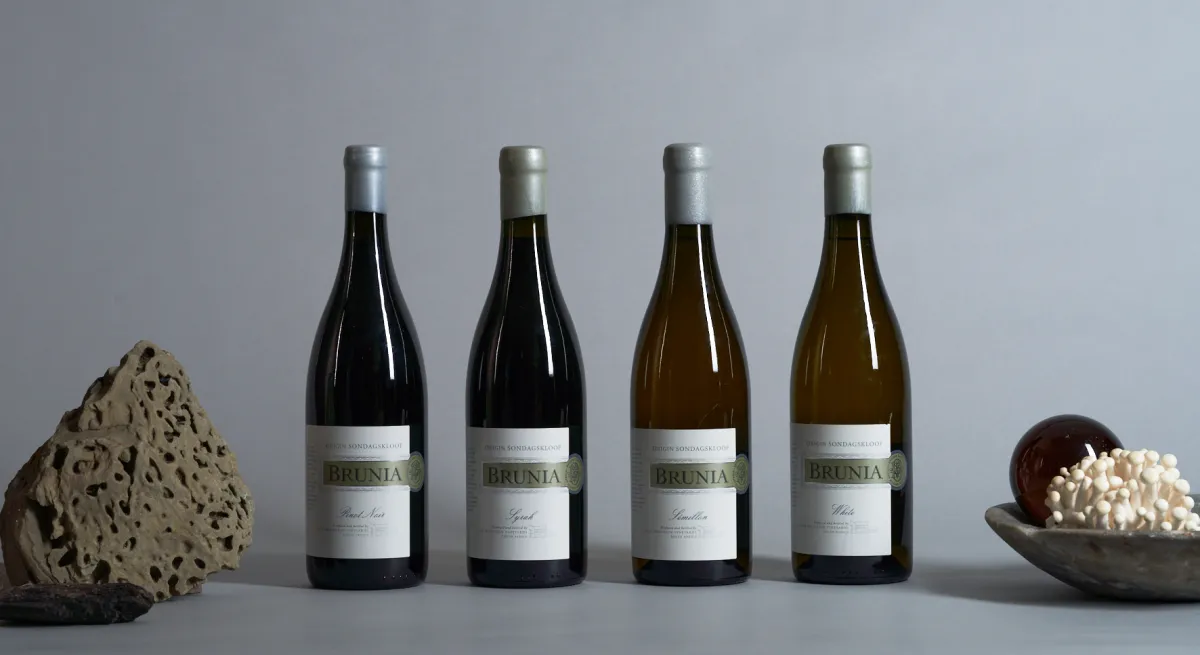
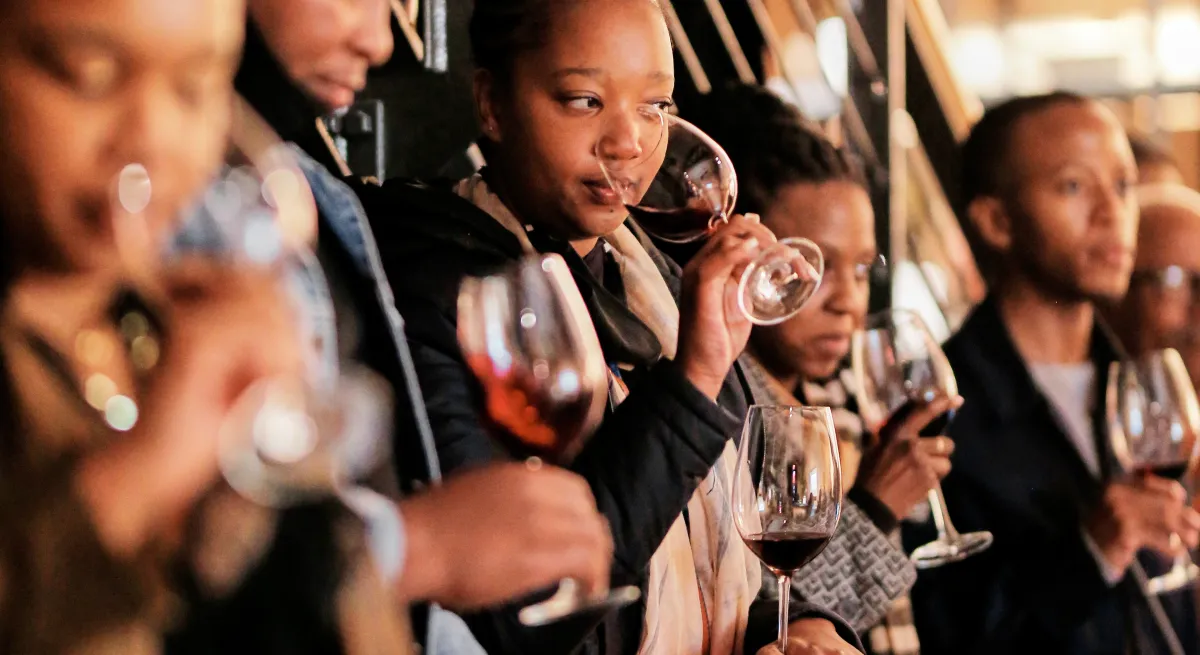
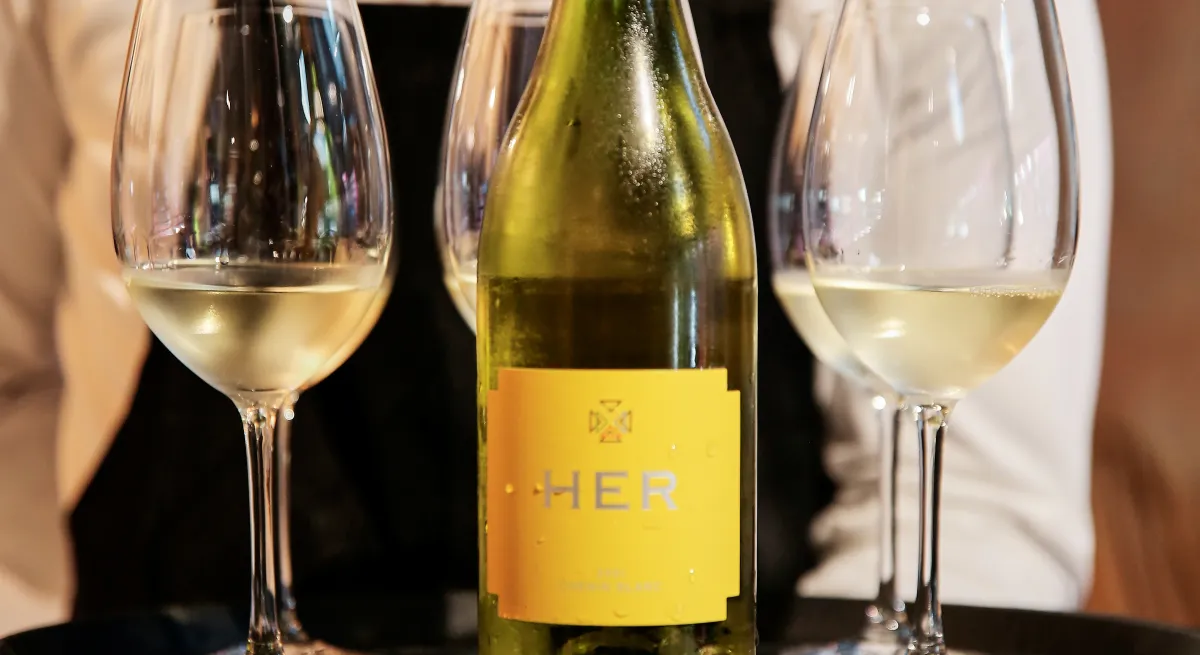


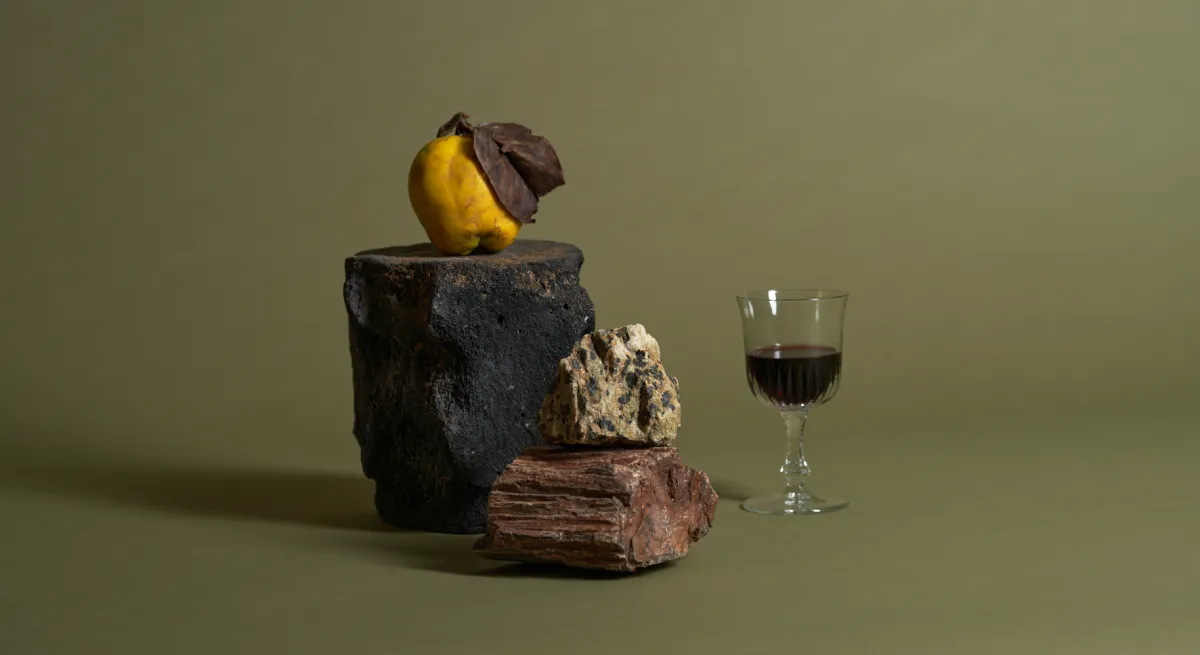
What is next for Cultivate?
Our plan is to develop a shared production facility. This would give the Cultivate Collective greater access to the wine value chain and as a result greater visibility and influence in the sector. The cellar will be shared by individual member brands and Cultivate. The hope is to train young people under the Cultivate label in the form of a protégé programme.
This also provides Cultivate the opportunity to explore ways in which sound and inclusive design practice including technology, innovation and cultural expression may be applied to all aspects of wine production, making and experience – including architecture, product design and graphic design. I believe that the fusion of design, culture and science will have enormous transformative and tourism potential.
What can other industries learn from Cultivate?
Cultivate is still in its infancy and we have a long and exciting road ahead of us. For now, I am delighted that my application of design in planning, process, form, function and cultural expression has yielded positive results in both poetic and practical ways. The Cultivate model is replicable especially by small and medium enterprises that are seeking to be creative change agents.
What can South African society gain by working more inclusively?
South Africa is labelled protest capital of the world and service delivery protests have risen exponentially since 2004. Many of these protests have turned violent, exposing the raw frustration and anger felt by South Africans. The engrained nature of inequality in our society as engineered over centuries is resilient today, and the demand by people to be seen and heard struggles to permeate these structures.
In addition to working inclusively, we must behave like a democracy and work with representation in mind. I truly believe that if we achieve representational equity in our societies the need for violent protest action, which demands visibility, access and a voice, fades. This destructive cycle of frustration for lack of agency will only end once we all commit to making South Africa more equitable both in terms of spaces and opportunities but also with regards to its cultural references.

Zahira Asmal is an acclaimed urbanist and entrepreneur.
Zahira has initiated and developed numerous large-scale design projects with global reach – always focused on addressing the social, spatial and economic inequalities in South Africa. Her approach is holistic, inclusive and transnational.
In 2010 Zahira founded The City, a research, publishing and placemaking agency that she leads in Cape Town. She is also founding director at Designing For All – a non-profit company employing the process of design that includes conceptual thinking, policy and open solutions-oriented dialogue between diverse role players and designers, with the aim of creating better public places for all people. She is a published author, and has edited three publications on design, democracy and city making. Zahira has lectured widely and currently serves on the Board of Advisors for the International Archive of Women in Architecture.
Zahira founded Cultivate in 2020 with the support of the Julius Baer Foundation, and leads the company and the Collective of winemakers, producers, consultants and sommeliers.
About Cultivate and tackling inequality in the wine industry
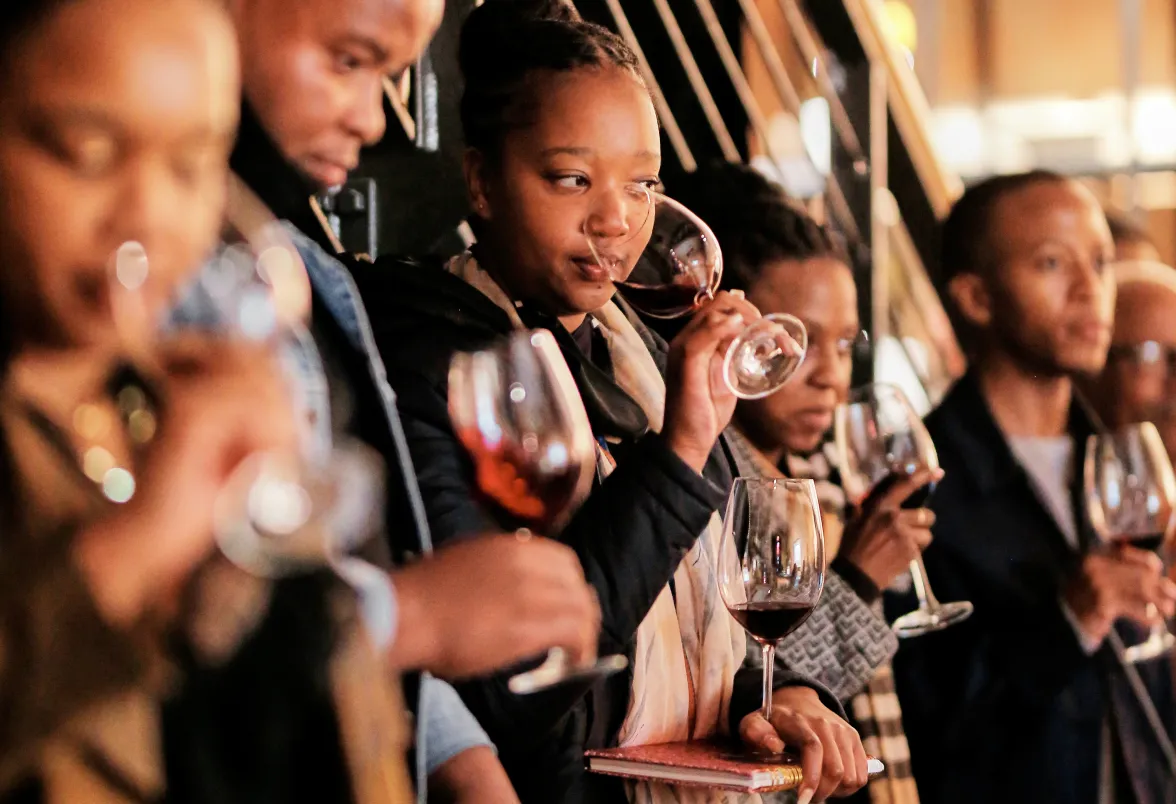
See how Cultivate and the Julius Baer Foundation are fostering the equitable redistribution of resources and expertise within the wine industry in South Africa
